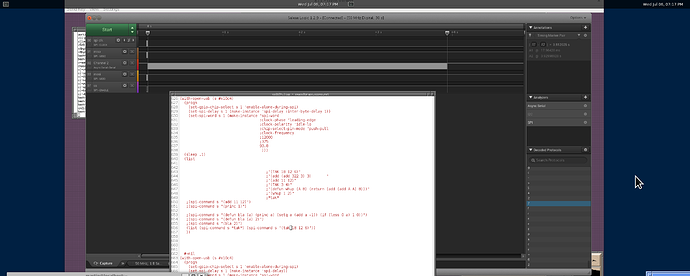A classic benchmark for comparing implementations of Lisp is this variant of the Takeuchi function, originally used by Ikuo Takeuchi of Japan:
(defun tak (x y z)
(if (not (< y x))
z
(tak
(tak (1- x) y z)
(tak (1- y) z x)
(tak (1- z) x y))))
With uLisp running on an Arduino Uno (16 MHz clock) with 2 Kbytes of RAM, calculating:
(tak 18 12 6)
takes 56 seconds to give the result, 7. How does your favourite Lisp compare?

